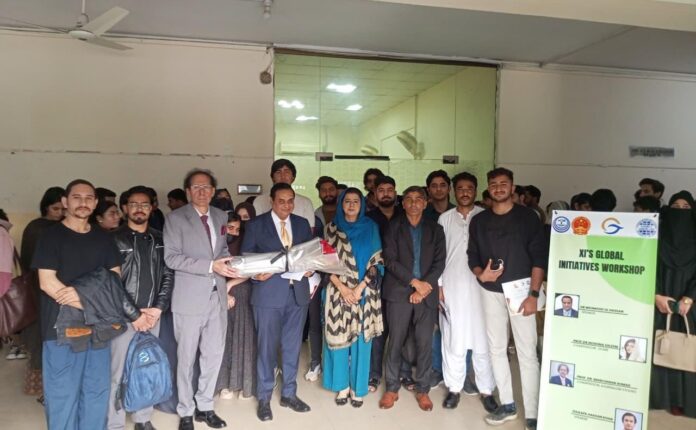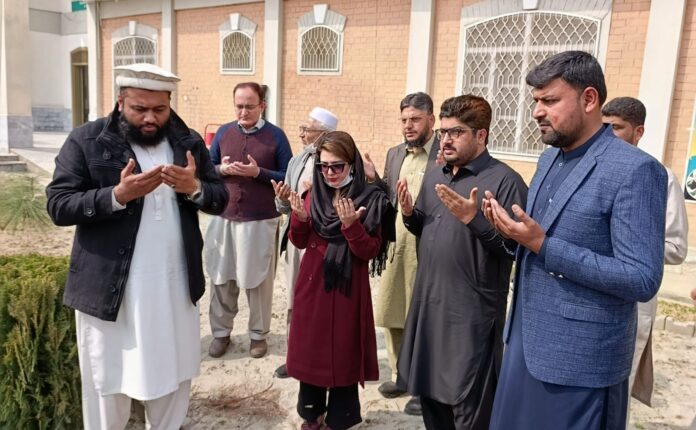KARACHI: Syed Murad Ali Shah made history in Sindh by becoming the Chief Minister for the third consecutive term on Monday, indicating that the ruling Pakistan People’s Party (PPP) will continue with the same governance policies that have been followed for the last 15 years.
Shah is the first lawmaker to be elected chief minister for three consecutive terms. Before that, Syed Qaim Ali Shah also served three times as the Chief Minister of the province, but for two consecutive terms.
Syed Murad Ali Shah is the son of former Chief Minister Syed Abdullah Shah, the first father-son duo in Sindh. Other similar examples were given by the Jam family of Lasbela area of Balochistan and later by the Sharif family – Hamza and Shehbaz Sharif and now Maryam and Nawaz Sharif.
Syed Murad Ali Shah started his political career in 2002 when he became Member of Provincial Assembly (MPA) of Sindh from his home constituency of Sehwan. This was the same constituency that his late father Abdullah Shah represented from 1970 to 1993.
He played a key role while sitting on the opposition benches during General Musharraf’s tenure. In the 2008 and 2013 elections, he regained his seat in the provincial assembly and became a minister in Syed Qaim Ali Shah’s cabinet. He replaced Syed Qaim Ali Shah as Chief Minister in 2016.
Also read: Shattering glass ceiling: Maryam scripts history
After the 2018 general elections, the PPP chose not to shake up its Sindh arrangement and continued with Shah in the top position in the province, which he held until the end of the government’s term in August 2023.
Born in Karachi in 1962, Shah received his early education at St Patrick’s High School, Karachi before going to the prestigious DJ Science College, Karachi in 1979. In 1985, he completed his bachelor’s degree in Civil Engineering from NED University, Karachi.
He later graduated from Stanford University in California with a Masters in Civil Engineering in 1987 and in Engineering Economic Systems in 1993. Before entering politics, he worked in both the public and private sectors in Pakistan, the United Kingdom, Kuwait and the United Kingdom. States from 1986 to 2002.
In Pakistan, he worked as an engineer for Hyderabad Development Authority, Water and Power Development Authority, Port Qasim Authority and Karachi Fish Harbor Authority. He later changed careers and started working as an investment banker, first at Citibank Karachi, then at Citibank London, Gulf Investment Corporation Kuwait and Bizpivot USA.







